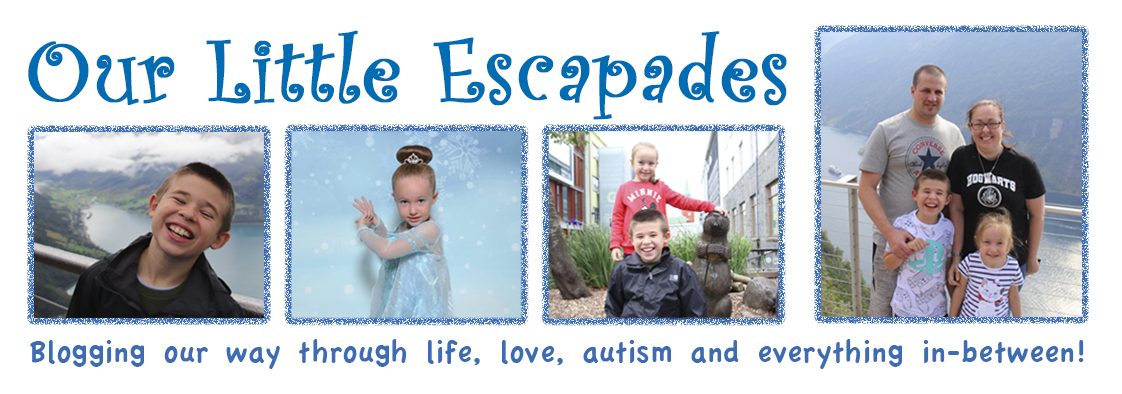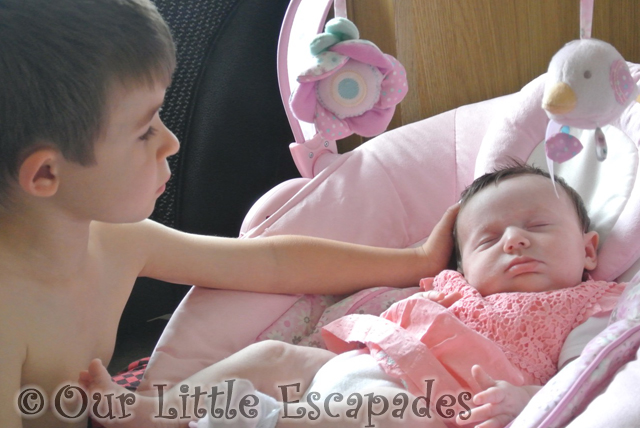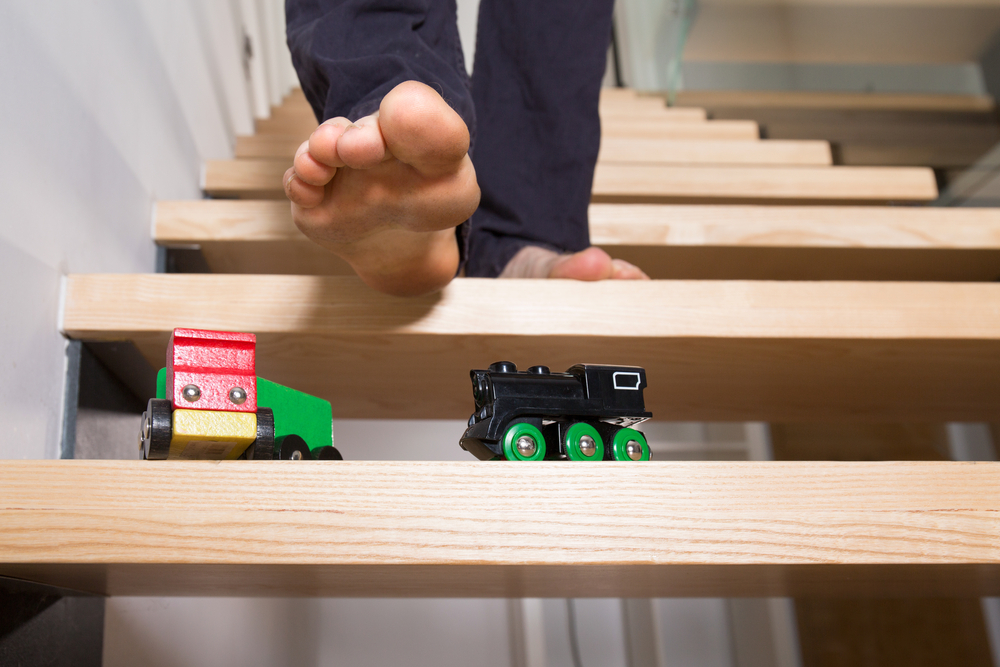Family days out can be brilliant. But let’s be honest, when you’re packing for different needs, managing energy levels, and thinking about accessibility, they can also feel like a puzzle. A bit of planning helps things fall into place more smoothly.
It doesn’t mean creating a strict schedule. It just means thinking ahead. What helps your child feel calm? Where can you take breaks? What support might you need? The more of that you’ve thought about beforehand, the less you’ll need to juggle on the go.

Getting Everyone on the Same Page Before You Go
Sharing the plan with your children can make a big difference. Talk about where you’re going, how long it might take, and what things you’ll be doing. If your child feels better knowing what’s coming next, a visual schedule or printed timeline can be helpful.
Even showing a few photos of the destination can help ease worries. Some families use simple storyboards, while others prepare a short list with key points such as arrival, snack break, main activity, and journey home. These tools work well if your child thrives on predictability.
It’s not about giving every detail, but offering enough to make things feel familiar. That alone can take the pressure off once you’re out and about.
Making Sure You’ve Got the Right Support Gear
Getting the right equipment sorted early means fewer surprises on the day. Think about what helps your child move comfortably and safely. That might mean a foldable scooter, walking frame, portable seating, or a cover for sun or rain.
Mobility needs change depending on the location. A day at a local park feels very different from a museum visit. Some parents keep a checklist for common needs like sensory aids, ramps, medical supplies, spare clothes, and anything else that helps things run more smoothly.
It helps to know where to turn if something needs replacing. Planning ahead with trusted suppliers of disability products in Glasgow can save time and hassle when you need equipment that works in real-life family situations.
Routes, Routines and Rest Stops: Why They Matter
A little route planning goes a long way. Have a look at maps, car parks, toilets, and any information about step-free access. It’s worth checking what’s nearby if someone needs space to calm down or stretch their legs without crowds.
Families often benefit from regular breaks, especially when long distances or busy areas are involved. Plan where you might stop for drinks, quiet time, or something to eat. Short rests in calm spots can keep the whole group going for longer.
If you’re unsure what might help with movement or rest, Glasgow’s mobility shops stock all kinds of practical options. From compact chairs to portable ramps, these can make outings feel less tiring and more inclusive.
Finding What Works for Your Family
Every family has their way of doing things. Some children are energised at 9 am and need downtime by midday. Others need to have slow starts and gentle activity early on. That’s why planning is so personal: it should match the people in your group.
When you’re thinking through the day, build in options. A quiet lunch spot, a backup plan if a queue’s too long, a chill-out space nearby. These don’t take long to find and can save you from tricky moments later.
It’s also worth getting advice from a disability shop in Glasgow that families trust. They understand what people face daily and often suggest products you might not think of, such as foldable cushions, discreet ear defenders, or portable supports for different ages.
Planning Doesn’t Mean You’ll Avoid Every Hiccup
Even with the best plan, something might go off track. A favourite ride might be closed, or the noise in one area could become too much. That’s okay.
When you’ve prepared ahead, it’s easier to adapt. Maybe you packed a small snack or have a familiar toy in your bag. Maybe there’s a quieter area around the corner that you already looked up. Being ready gives you more breathing room when plans change.
You don’t have to follow your schedule exactly. It’s there to support you, not to trap you. Skipping a stop or changing the order of activities isn’t a failure. It’s just part of keeping the day comfortable for everyone involved.
Small Steps That Lead to Better Days Out
A bit of planning doesn’t make outings perfect, but it does make them easier. It gives you more space to enjoy what matters instead of worrying about things that could have been sorted ahead.
Think back to your last outing. What helped the day go more smoothly? Was it taking extra time to prepare? Bringing comfort items? Asking about accessibility before you arrive?
Those small choices add up. Write down what worked and keep it somewhere you can use again. The goal isn’t to control every moment; it’s to give your family the best chance at enjoying time together, with fewer surprises and more calm.
Even one small improvement to your next trip can make a difference. And over time, those changes build into outings that feel easier, more flexible, and genuinely enjoyable for everyone involved.
DISCLOSURE – This is a collaborative post.




